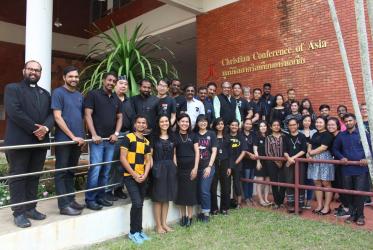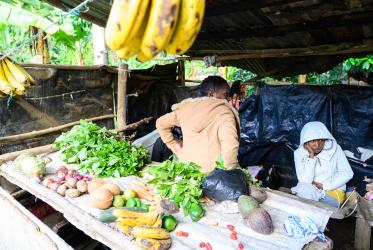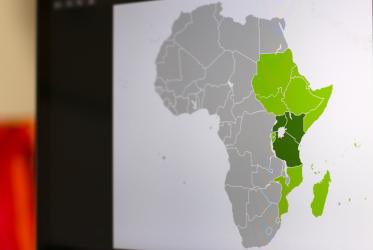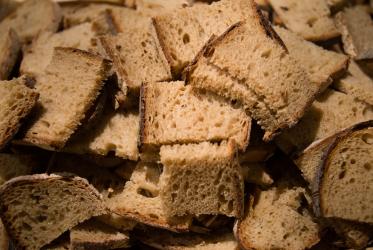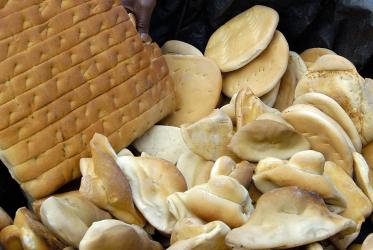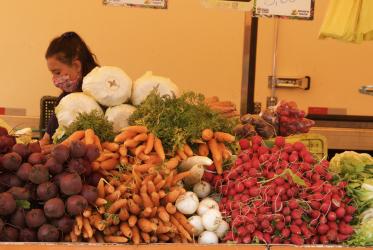Displaying 1 - 20 of 91
WCC Eco-School begins in Crete
15 November 2023
WCC Eco-School 2020 for Pacific region is further postponed
14 January 2021
On World Food Day, “we pray for wisdom to care for the earth”
16 October 2020
ÖRK gratuliert Welternährungsprogramm zum Friedensnobelpreis
09 October 2020
WCC to host online prayer service for World Food Day
09 October 2020


